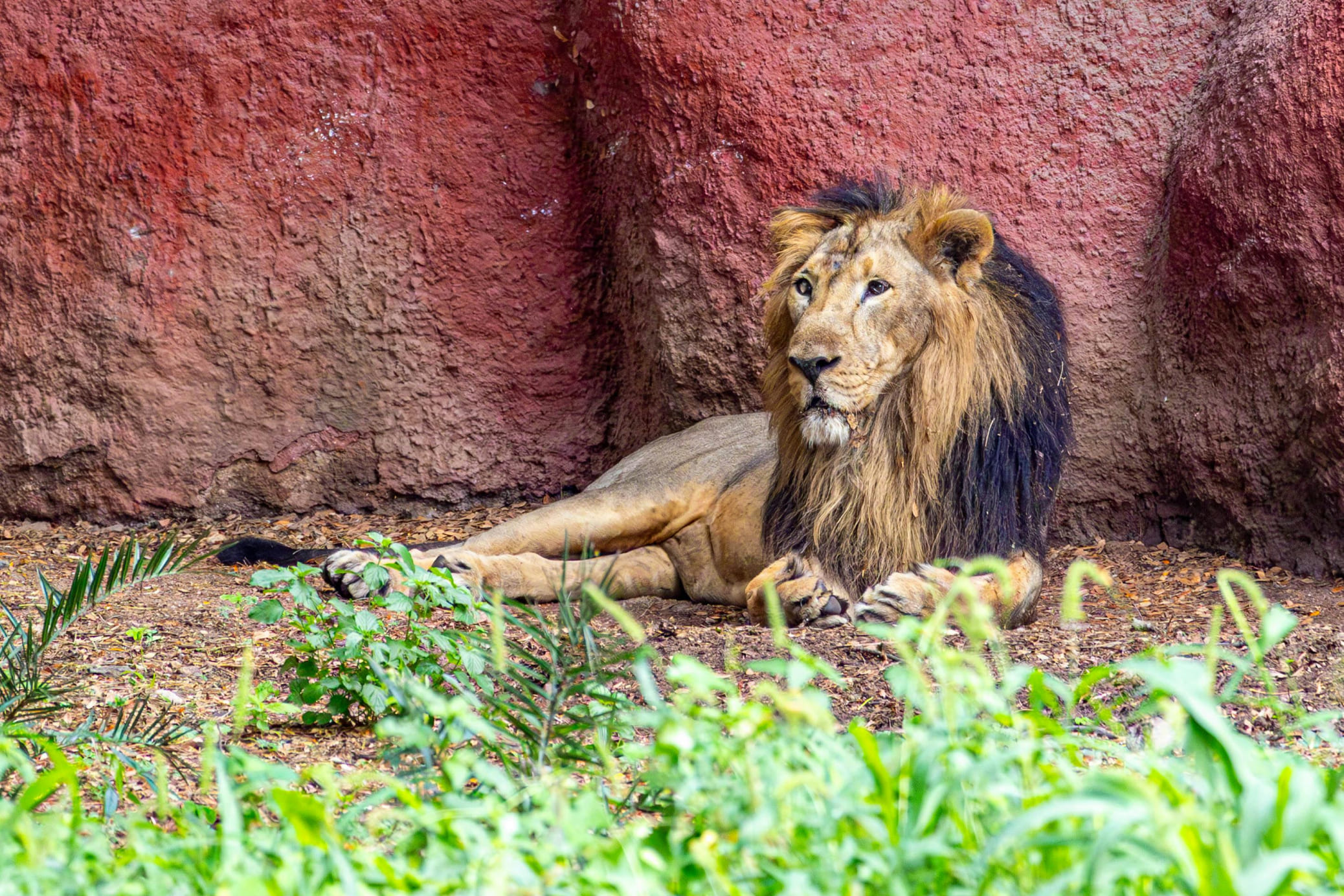
Beyond their role in public education and conservation, zoos are valuable research centers where scientists can study animal biology, behavior, and health in ways that aren’t always possible in the wild. Research conducted in zoos covers a range of subjects, from understanding social behaviors and reproductive patterns to studying diseases that affect both animals and humans. This research is essential for improving conservation strategies and advancing scientific knowledge that can be applied to both captive and wild populations.
Zoos partner with universities, conservation organizations, and government agencies to carry out studies that benefit global conservation efforts. For example, genetic studies help scientists maintain healthy breeding populations by ensuring genetic diversity, which is vital for the long-term survival of endangered species. Research on animal nutrition, health care, and disease management also contributes to better animal welfare standards, benefiting both zoo-based animals and those in natural habitats. Zoos also conduct important research on emerging wildlife diseases, helping to prevent outbreaks that could impact ecosystems or even pose risks to human health. Through their research initiatives, zoos make meaningful contributions to our understanding of the natural world and the measures needed to protect it for future generations.